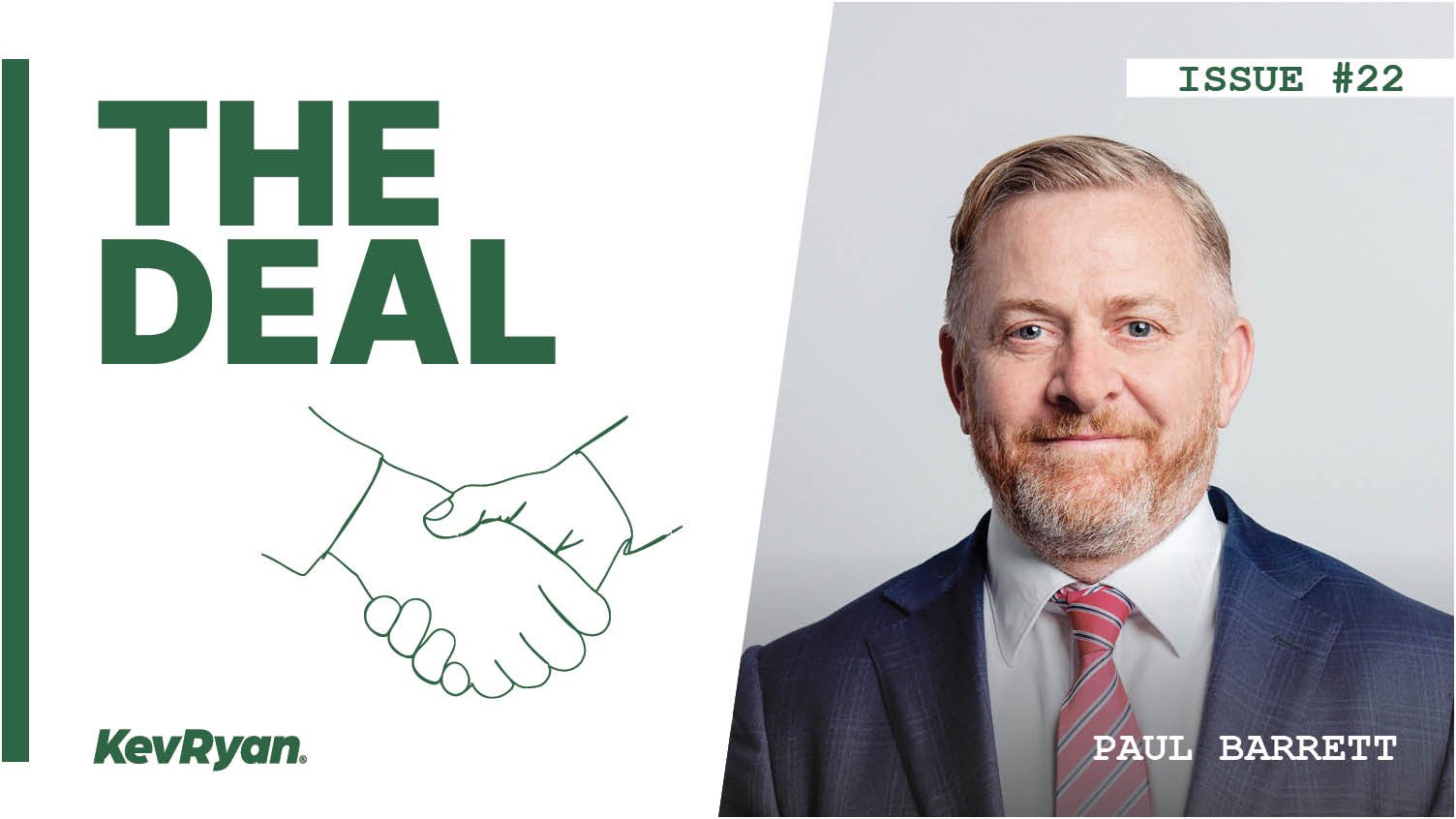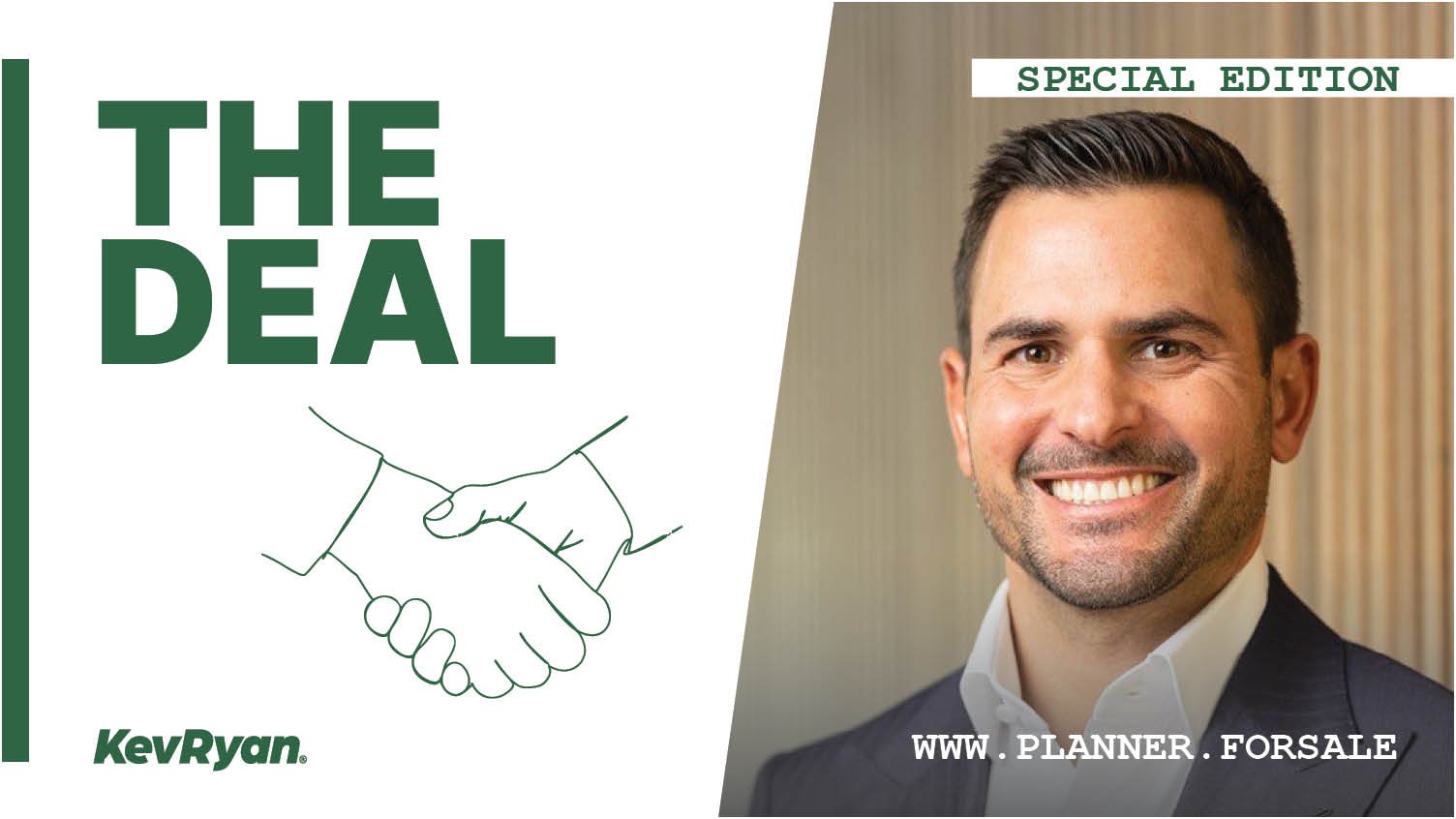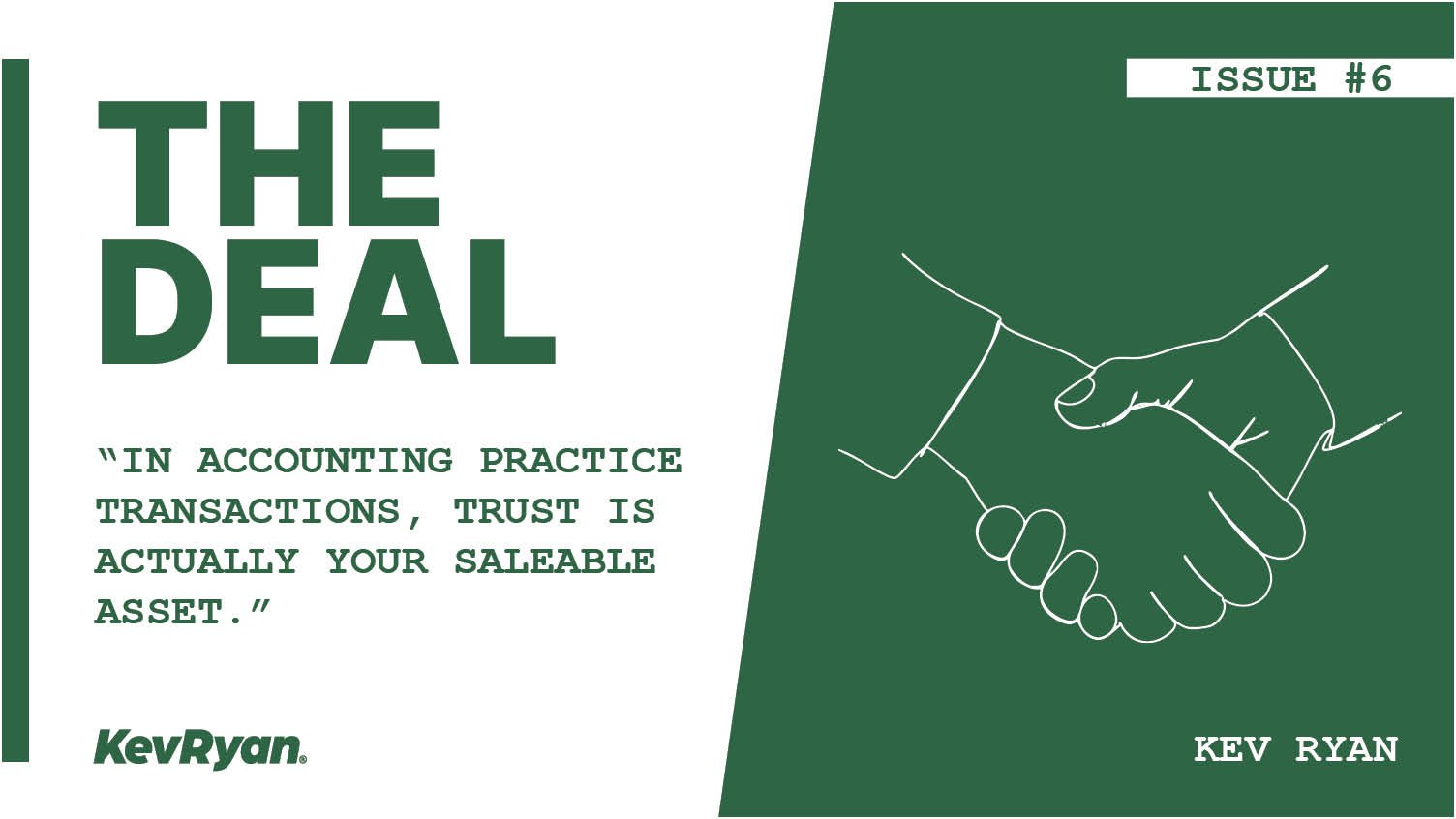Navigating HR Challenges in Accounting Firm Mergers and Acquisitions

Thank you to this month's guest contributor Charlene Cauchi
Accounting firms, known for their meticulous number-crunching skills, often find themselves embroiled in complex staffing issues when it comes to mergers and acquisitions.
Beyond the financial intricacies, there's a whole world of human resources challenges that need to be addressed with finesse and foresight to ensure a smooth and easy transition and often staff are not made aware of the changes happening within a firm until the last minute. So what issues do the employees face when the firm they work for is going through a merger or acquisition?
1. Culture Clash
Imagine blending a team of sharp-witted auditors with a group of tax experts. It's like mixing oil and water – they might not naturally combine. Or what about paper based accountants with a group of ‘cloud’ accountants? Accounting firms involved in mergers or acquisitions often grapple with the integration of different corporate cultures. HR departments must play matchmaker, trying to ensure that the cultural blend doesn't end up as a recipe for discord.
2. Talent Retention
Top talent is the crown jewel of any accounting firm. During a merger or acquisition, the fear of talent flight is very real and in today’s market, is imperative to retain good employees as they might not be so easily replaced. Employees may wonder about their roles, job security, or whether they'll still be working with the colleagues they've grown to appreciate. Retaining these valuable professionals is a priority, and HR has to be adept at communicating the benefits of the union, walking the team through the merger/acquisition and ensuring everyone’s on top of the changes.
3. Redundancies and Layoffs
In many mergers, some roles may become redundant, and layoffs might be unavoidable. This can be a tricky path to navigate, especially when dealing with accountants and auditors who often take a very black-and-white approach to numbers. HR must manage this process with compassion, ensuring that the transition is as smooth as possible for those affected.
4. Compensation Harmonization
Salaries and benefits can vary greatly between different accounting firms. Bringing these into alignment without creating discontent among employees is a daunting task. HR teams need to calculate, negotiate, and communicate these changes while maintaining the trust of their staff.
5. Communication Overload
During a merger or acquisition, communication can become chaotic. Rumours can spread like wildfire, causing anxiety and uncertainty among employees. HR departments need to establish clear lines of communication and keep employees in the loop to mitigate these anxieties.
6. Legal and Compliance Challenges
The accounting industry is heavily regulated, and changes in corporate structure can lead to a host of legal and compliance challenges. HR must work hand-in-hand with legal teams to ensure that the firm remains in good standing throughout the transition.
7. Change Management
Change is often met with resistance. HR plays a pivotal role in managing change within the organization, helping employees adapt to new structures and systems, and fostering a positive attitude towards the merger or acquisition.
The challenges faced by accounting firms from a human resources perspective during mergers and acquisitions are indeed complex. HR professionals in these firms need to don many hats – from cultural ambassadors to legal guides, all while keeping the balance sheets and people's well-being in mind. The issue I see when firms are going through a merger or acquisition is the overload of the HR team, maybe biasness at times; so that is where they get me to step in. To be a third party ‘team mate’ to ensure that the staff from both sides have someone external from both firms to voice their issues to. This often leads to more open communication and the ability to retain staff throughout these changes.
MORE ISSUES
When Andrea Pearce contacted Kev Ryan desperate to sell her business, a remarkable journey of reinvention began.
Employee entitlements and consultation are often overlooked during a deal, giving rise to numerous issues. Fortunately, says employment relations specialist Rachael Smith, getting it right is easier than you think.
Once an accounting firm has client engagement sorted, and preferably automated, the business becomes more profitable and easier to sell.
If you own your practice, proactive estate planning can enhance your legacy, support your loved ones and protect your staff.
The sale of an accounting firm requires careful planning and strategy. Transaction advisor Kev Ryan shares his insight into the essential ingredients for sale success.
For a successful strategic partnership after a merger, flawless due diligence and complete cultural alignment are essential.
Many think the biggest challenge in selling an accounting business will be in haggling over the price. But agreeing value, Kev Ryan says, is the easy part.
When the demands of his accounting business became overwhelming, Maurice Sucevic found a way to continue doing what he loved, without all the admin.
With a significant number of accounting firm owners looking towards a well-deserved retirement over the next decade, the industry will see an increasing number of mid-tier practices in the mergers & acquisition market.
Hartnett & Co’s significant client portfolio appealed to Progression Group, aligning with their areas of expertise and presenting a strategic opportunity to expand their client base and enhance efficiencies.
The journey towards the partnership with Carbon Group started from the realisation that as successful as MG Partners was, Mike and George needed to have a succession plan in place.
There are over 37,400 accounting businesses in Australia, according to IBIS World. The majority are small to medium enterprises (SMEs).
Each February, Australia Day sees the summer break come to an end and with school recommencing, Accountants that have been considering the year ahead start calling my office.
Accounting firms, known for their meticulous number-crunching skills, often find themselves embroiled in complex staffing issues when it comes to mergers and acquisitions.
As the year comes to an end, I thought this December Issue of The Deal could cover a recap of the year’s transactions
Malcolm had been working in his firm for over 20 years and business had plateaued. He wanted to expand but didn’t have the time, capacity, or resources.
A spate of mergers and acquisitions in the accounting industry shows the dynamics around consolidation have changed dramatically since the pandemic.
A spate of mergers and acquisitions in the accounting industry shows the dynamics around consolidation have changed dramatically since the pandemic.
In the dynamic world of business, growth strategies play a defining role in achieving long-term success.
TC & Co Consulting is a Sunshine Coast based accounting firm that Kev Ryan helped progress to the next level through a business sale process with the Gild Group.
Last month, I was fortunate enough to be invited to speak with the CPAs Sunshine Coast discussion group on the topic of Accounting Practice M&A.
Have you ever found yourself wondering “what’s next”?
“This is way harder than it used to be.”
“This isn’t my job is it?” …
It is with great pleasure I introduce www.Planner.forsale and our launch marquee Buy Side client Nick Reilly of Inovayt Wealth.
Kevin Scambler wanted a partner he could trust that would ultimately buy him out. Andrew Burness was looking to become more invested, building something that would advance his career.
A lawyer’s role is to protect the legal interests of their client. Schooled in spotting problems, and often risk averse themselves, lawyers naturally seek to minimise risks to their clients.
There are a lot of accounting industry participants who at some stage in their careers have either experienced or know a someone who has experienced, the good old dangling of the “Partnership” carrot.
Gary wanted to provide consistent outstanding service in his accounting business. This meant making strategic decisions about other interests consuming his time and energy.
When selling your accounting business, you really have only one job to do... get your clients to simply keep doing what they've always done, trust you!
Michael wanted a change in the direction of his firm and his lifestyle, but he didn’t know what that looked like.





























